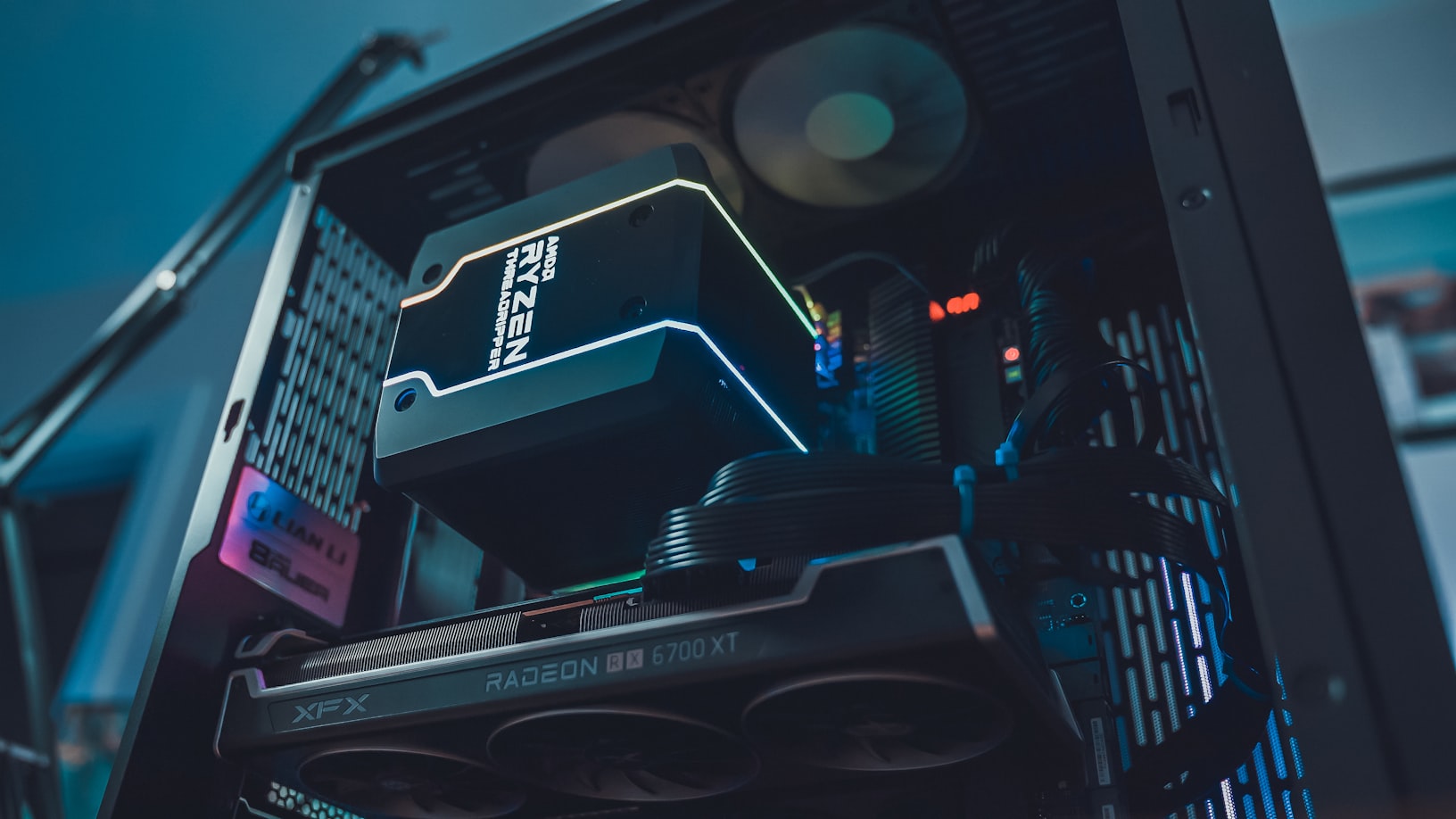Table of Contents
How Can You Protect Your Home Computer Cyber Awareness 2024
In today’s digital age, protecting your home computer from cyber threats is more important than ever. With the increasing number of cyber attacks and the growing sophistication of hackers, it is crucial to be proactive in safeguarding your personal information and ensuring the security of your devices. This article will provide valuable insights and practical tips on how you can protect your home computer in 2024 and beyond.
The Importance of Cyber Awareness
Cyber awareness refers to having a comprehensive understanding of the potential risks and threats that exist in the digital world. It involves being knowledgeable about the various types of cyber attacks, such as malware, phishing, and ransomware, and taking proactive measures to mitigate these risks.
By being cyber aware, you can protect your home computer and personal information from falling into the wrong hands. It allows you to identify potential threats, recognize suspicious activities, and take appropriate actions to prevent or minimize the impact of cyber attacks.
Practical Tips for Protecting Your Home Computer
1. Keep your software up to date: Regularly update your operating system, antivirus software, and other applications to ensure you have the latest security patches and bug fixes. Outdated software can leave vulnerabilities that hackers can exploit.
2. Use strong and unique passwords: Create strong passwords that are difficult to guess and use a different password for each online account. Consider using a password manager to securely store and manage your passwords.
3. Enable two-factor authentication (2FA): Two-factor authentication adds an extra layer of security by requiring a second form of verification, such as a fingerprint or a unique code sent to your mobile device, in addition to your password.
4. Be cautious of phishing attempts: Phishing emails and websites are designed to trick you into revealing sensitive information. Be skeptical of unsolicited emails, avoid clicking on suspicious links, and verify the legitimacy of websites before entering personal information.
5. Secure your home network: Change the default password on your Wi-Fi router and enable encryption (WPA2 or WPA3) to protect your network from unauthorized access. Consider using a firewall and regularly check for any connected devices you don’t recognize.
6. Backup your data regularly: Regularly backup your important files and documents to an external hard drive or cloud storage. In the event of a cyber attack or hardware failure, you can restore your data without losing valuable information.
Case Study: The Importance of Cyber Awareness
In 2023, a major cyber attack targeted thousands of home computers across the globe. The attack exploited a vulnerability in outdated software, allowing hackers to gain unauthorized access to personal information and financial data.
However, individuals who were cyber aware and followed best practices for computer security were able to protect their devices and data. By keeping their software up to date, using strong passwords, and being cautious of phishing attempts, they were able to prevent the attack and safeguard their personal information.
Frequently Asked Questions (FAQ)
1. What is the most common type of cyber attack?
The most common type of cyber attack is phishing, where hackers attempt to trick individuals into revealing sensitive information through fraudulent emails or websites.
2. How often should I update my software?
It is recommended to update your software as soon as updates are available. Regularly check for updates and enable automatic updates whenever possible.
3. Can antivirus software protect against all cyber threats?
While antivirus software is an essential component of computer security, it cannot protect against all cyber threats. It is important to practice other security measures, such as using strong passwords and being cautious of suspicious emails.
4. What should I do if I suspect my computer has been compromised?
If you suspect your computer has been compromised, disconnect it from the internet immediately. Run a full scan with your antivirus software and consider seeking professional help to remove any malware or viruses.
5. Is it safe to use public Wi-Fi networks?
Using public Wi-Fi networks can be risky as they are often unsecured. Avoid accessing sensitive information, such as online banking or personal emails, when connected to public Wi-Fi. Consider using a virtual private network (VPN) for added security.
6. How often should I backup my data?
It is recommended to backup your data regularly, ideally on a daily or weekly basis. This ensures that you have the most up-to-date copy of your important files in case of a cyber attack or hardware failure.
Summary
Protecting your home computer from cyber threats requires a combination of proactive measures and cyber awareness. By keeping your software up to date, using strong passwords, enabling two-factor authentication, and being cautious of phishing attempts, you can significantly reduce the risk of falling victim to cyber attacks.
Additionally, securing your home network, regularly backing up your data, and staying informed about the latest cyber threats are essential for maintaining the security of your home computer. By following these best practices and being cyber aware, you can protect your personal information and ensure the safety of your devices in 2024 and beyond.
